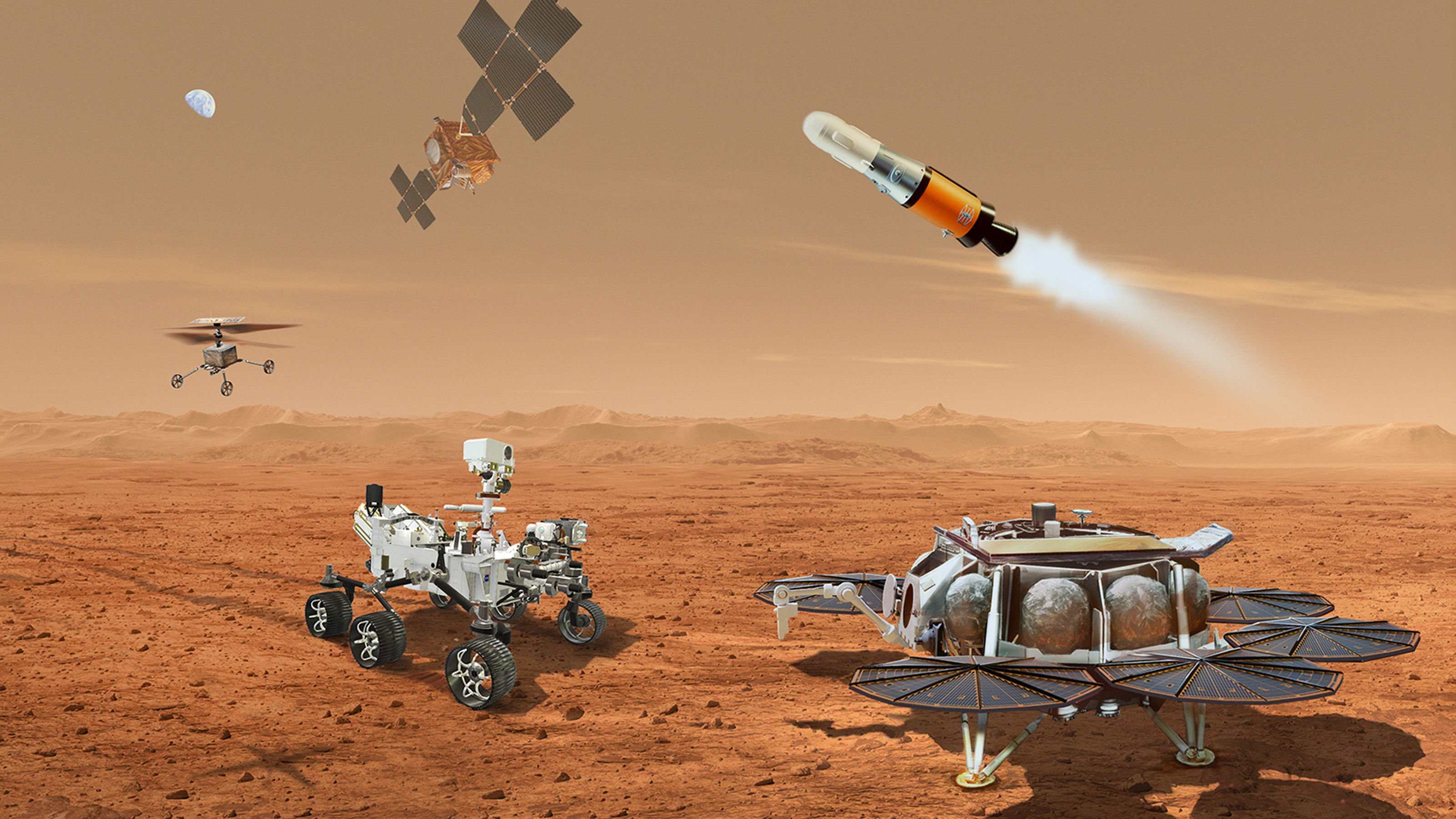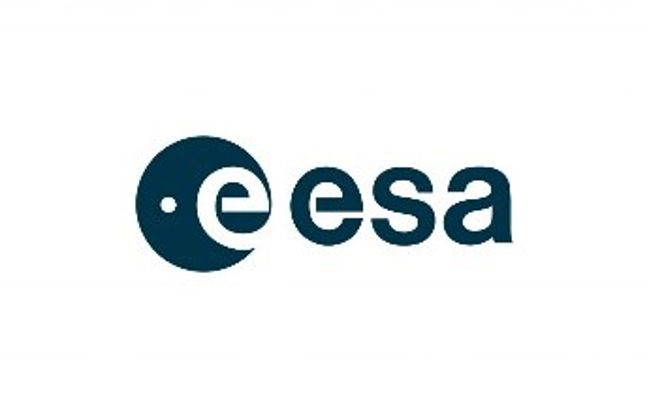NGI to help ensure the safe return of Mars samples to Earth
The Norwegian Geotechnical Institute (NGI) is at the forefront of research to ensure the safe handling and return of Mars samples.

Mars sampling – NASA illustration showing a concept for multiple robots that would team up to ferry to Earth samples of rocks and soil being collected from the Martian surface by NASA's Mars Perseverance rover ( NASA)
In a landmark collaboration, NASA and the European Space Agency (ESA) embarked on the ambitious Mars Sample Return campaign. The campaign has already successfully collected 23 of the projected 38 samples from the Jezero Crater, comprising 4% atmospheric samples, 87% rock cores, and 9% sedimentary and igneous grain samples from the Martian surface.
Challenging and complex mission
Addressing the critical challenge of safely returning these samples to Earth, NGI, alongside two other Norwegian research entities, is helping to spearhead the effort. The mission, potentially the most intricate robotic space campaign to date, underscores the importance of preserving the samples' integrity for the success of this interplanetary venture.
Under the banner of the Mars Sample Return Analog Library, hosted at the Natural History Museum of Oslo, a new project led by NGI in collaboration with the University of Oslo is underway. Project Manager Luke Griffiths highlights the initiative's scope, including rigorous testing in NGI's state-of-the-art rock and soil laboratory.
The project aims to fully define material properties to help establish transport and handling techniques for extraterrestrial samples by employing Earth analogs of martian igneous and sedimentary rocks and topsoil. Earth-based sample sites currently include locations in Iceland, Scotland, and the USA.
Data will be available
In addition to practical research, NGI is committed to contributing to an open-source database that documents the tests conducted. This sample and data repository, accessible also through the Natural History Museum of Oslo, will serve as a vital resource for the scientific community, facilitating the advancement of Mars sample handling methodologies.
- The samples and the database will be an important learning base for the handling of Mars samples, Griffiths says.
Key for the understanding of Mars and beyond
The significance of Mars samples cannot be overstated. Sample return provides the necessary ground truth for successful robotic missions. Through detailed analyses conducted in premier laboratories worldwide, deciphering the temporal and chemical evolutionary history of Mars and its potential to harbor past life.
Mars Sample Return represents a synergy of top-tier research institutions globally, necessitating multiple launches for sample collection, storage, and return. With NASA's Mars 2020 mission spearheading collection and ESA's Earth Return Orbiter mission managing the return trip, the international effort underscores a commitment to scientific excellence and interagency cooperation.
- “NGI is extremely proud to contribute to ESA, NASA, and the global scientific community goal of safely bringing these Mars samples back to Earth,” says Dylan Mikesell, a senior scientist at NGI involved in the project.

The project is within the Mars Sample Return (MSR) Program funded by the European Space Agency. The views expressed herein cannot be taken to reflect the official opinion of the European Space Agency.

